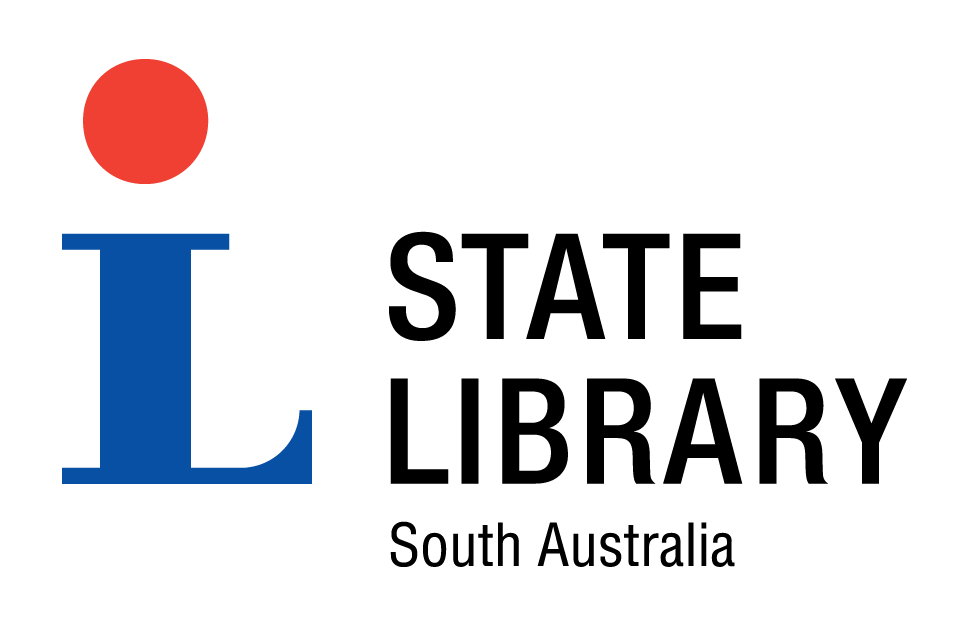
Kidman, Sidney 1857-1935

|
| View catalogue details |
Born: 9 May 1857 [Athelstone, Adelaide, South Australia]
Died: 2 September 1935 [Adelaide, South Australia]
Pastoralist
Kidman left home at 13, taking up work as a drover and working his way to the Barrier Range in western New South Wales. He learnt bush skills from Aboriginal co-workers and developed a respect for their knowledge of the land, tracking animals and survival in harsh environments. In the 1870s copper was discovered at Cobar and Kidman set up a butchers shop there increasing his profits by slaughtering some of the cattle from the herds he had driven there. He was also assisted by an inheritance from his grandfather and established himself as a squatter. Kidman and his brother, Sackville, branched out into the coaching business in both New South Wales and Western Australia. They also sold horses to the British Army in India. The influx of miners to the Broken Hill area in the mid-1880s meant plenty of business for Kidman's stock-dealing and butchery operations.
The Kidmans began buying up stations from 1895 when they acquired Cowarie Station, situated north-east of Lake Eyre. The following year Owen Springs Station, located on the Hugh River, south-west of Alice Springs was purchased. Owen Springs has often been recorded as Kidman's first station. Kidman developed a plan to have a chain of stations from the generally well-watered country of south-west Queensland, following creek and river systems to areas in the south where they could be driven or transported by train to markets. He later established a second chain of stations - following the Overland Telegraph route from the Fitzroy River in Western Australia and Victoria River Downs in the Northern Territory to the Flinders Ranges. By 1903 Kidman had been dubbed the 'Cattle King' and at the time of World War I controlled land larger in area than England. Kidman retired from business in 1927.
Kidman was well-known as a philanthropist - during World War I he gave generously to the armed forces; in 1920 he gave 1000 pounds and a share in one of his stations to the Salvation Army and he gave his home at Kapunda to be used as a district high school.
Key achievements
1900-1930: Held annual horse sales at Kapunda which became world famous
1921: Gave his home at Kapunda to be used as a district high school
1921: Received a knighthood
September 1932: Thousands turned out at the Jubilee Oval in Adelaide for a rodeo celebrating Kidman's 75th birthday
Did you know?
Kidman was prosecuted by the Federal Government for not paying land tax. In August 1924 he was fined just 10 pounds, but three years later paid 25,132 pounds to the government to settle his land tax debt.
Further reading
Bowen, Jill. Kidman, the forgotten king : the true story of the greatest pastoral landholder in modern history, North Ryde, N.S.W. : Angus & Robertson, 1987
Idriess, Ion L. The cattle king, Sydney : Pacific Books, 1970


